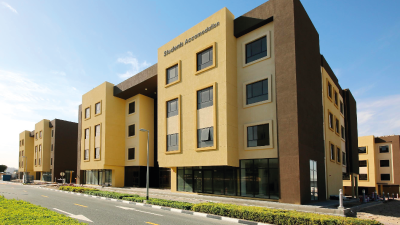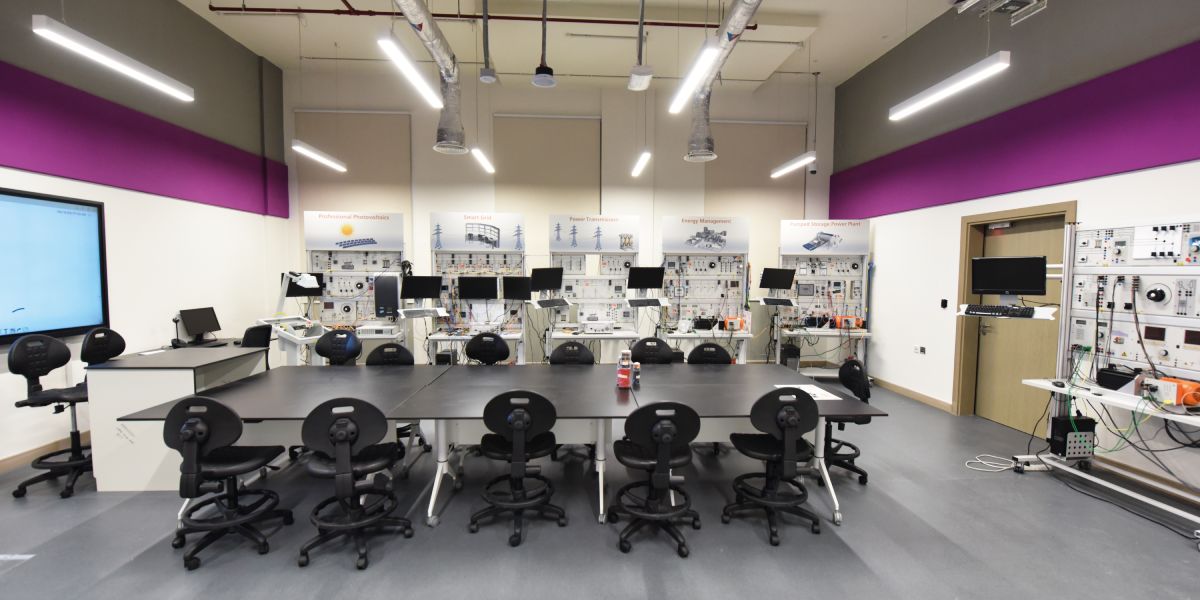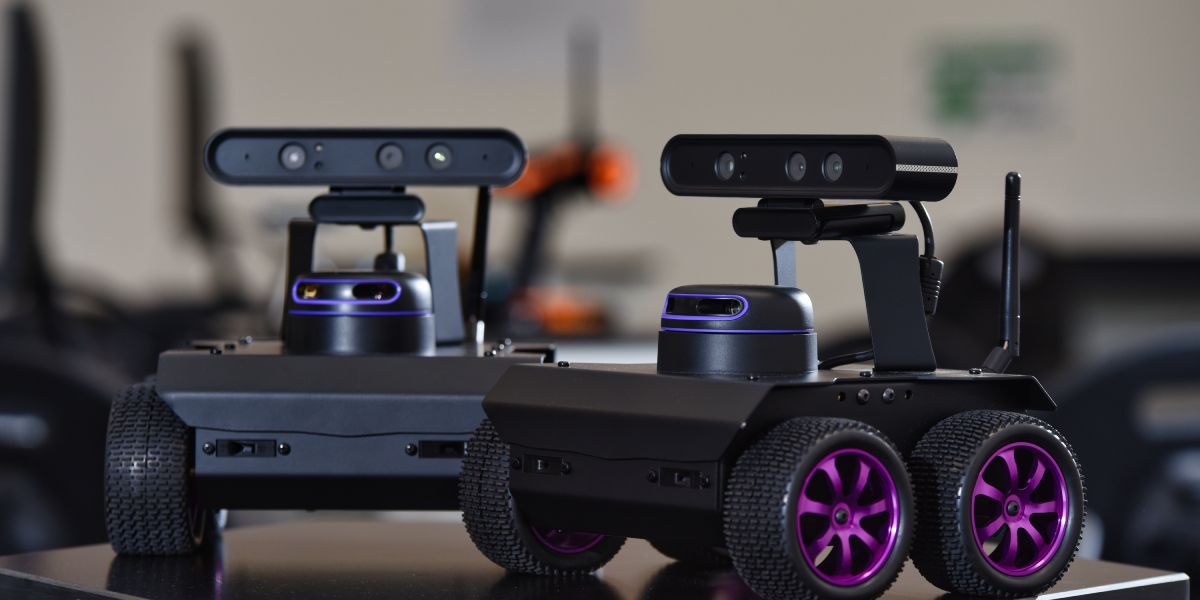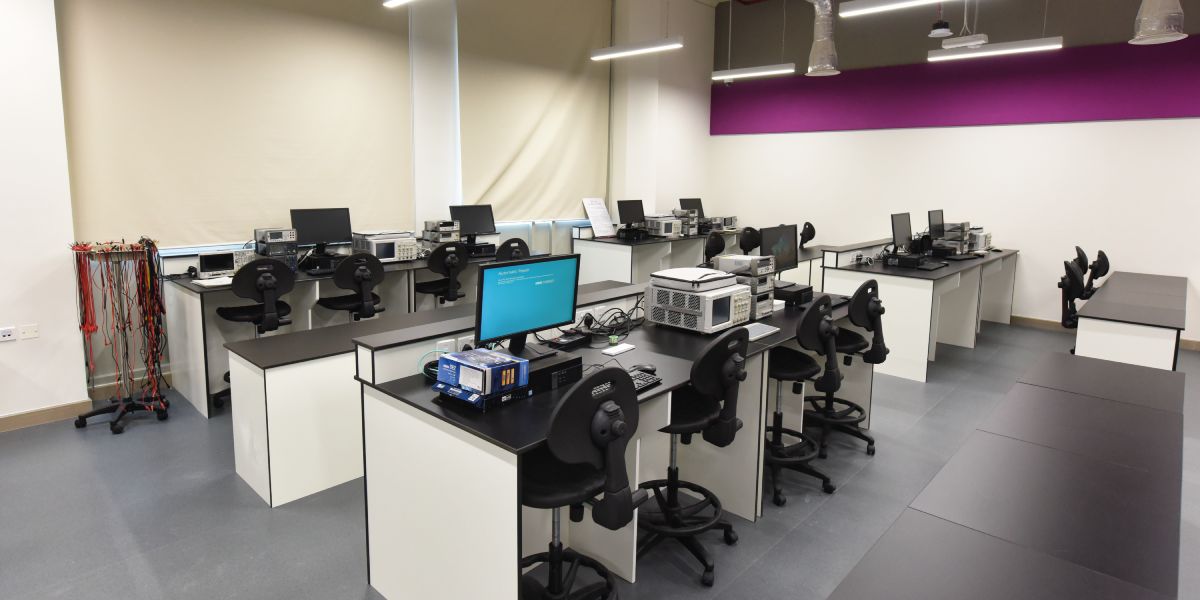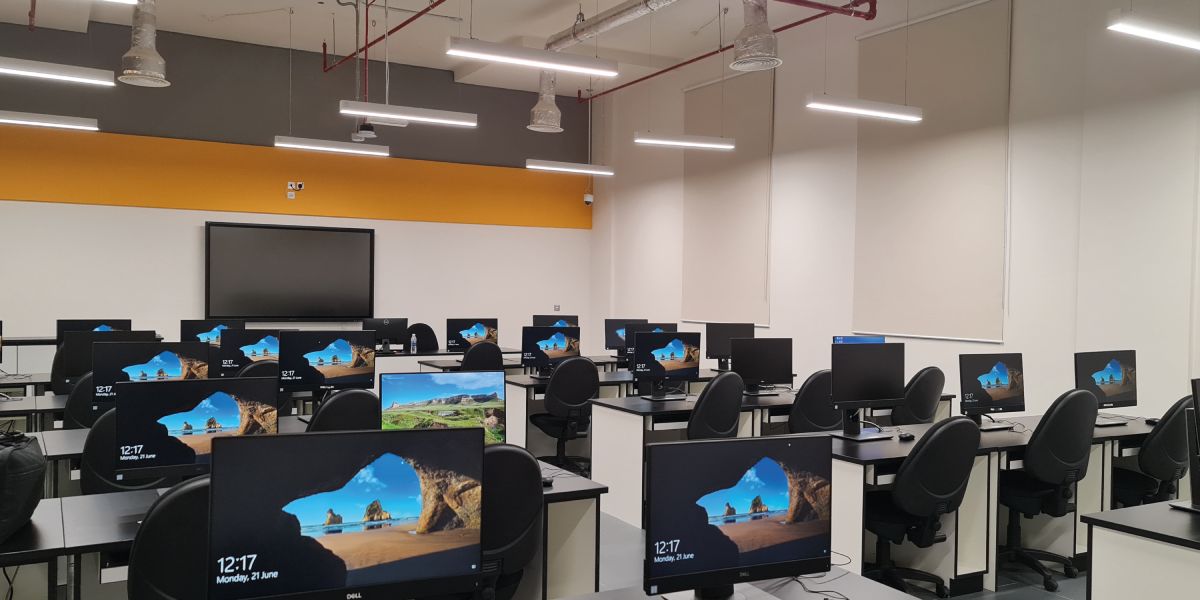Smart Energy Lab
The Smart Energy Lab consists of an integrated system of Electrical Energy subsystems. Built by Lucas Nuelle, a German leading provider in education and training, the lab deploys smart electric gird including generation, transmission, distribution, and load management. In addition, the lab includes security and communication modules.
The lab is based on the grid edge concept of clean energy smart grid configuration. The lab is used for undergraduate as well as graduate education and research. Students use the lab to design experiments required for their theses.
Smart Energy Student Club
The Smart Energy Student Club is dedicated to fostering innovation and development in the field of energy technology. Our mission is to provide students with hands-on experience, cultivate industry partnerships, and promote sustainable energy solutions that address the world's pressing energy challenges. The club serves as a vibrant hub for students passionate about energy, sustainability, and cutting-edge technologies.
Goals and Objectives
- Foster Innovation
Our primary goal is to advance the development of new solutions in smart energy technologies. We focus on projects encompassing renewable energy, smart grids, energy storage, energy efficiency, and sustainable practices. By encouraging creativity and innovation, we aim to contribute to the evolution of the energy sector. - Enhance Industry Collaboration and Partnerships
We strive to build strong collaborations with industry leaders in the energy sector to facilitate joint projects, internships, and sponsored research. Through these partnerships, students gain valuable insights and real-world experience, bridging the gap between academic knowledge and industry needs. - Provide Hands-On Learning and Skill Development
The Smart Energy Club offers students hands-on experience with state-of-the-art energy technologies through structured lab courses, workshops, and extracurricular activities. Our resources include advanced equipment for solar, wind, and battery storage technologies, as well as tools for energy management and analytics. - Promote Interdisciplinary Collaboration
We encourage interdisciplinary projects that bring together students and faculty from different fields such as engineering, computer science, environmental studies, and business. By leveraging diverse expertise, we aim to solve complex energy problems and develop holistic solutions.






